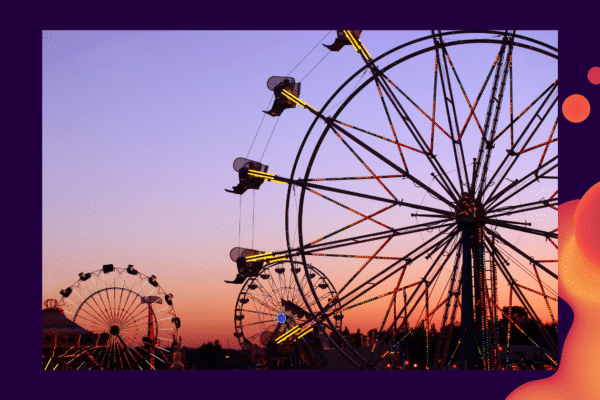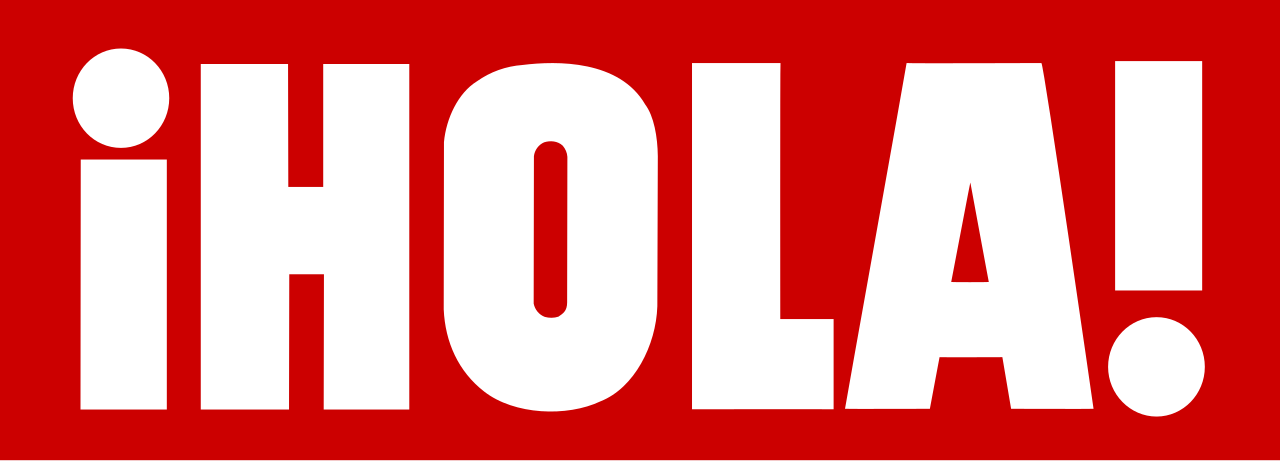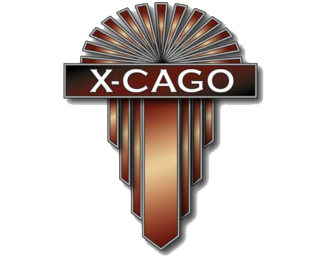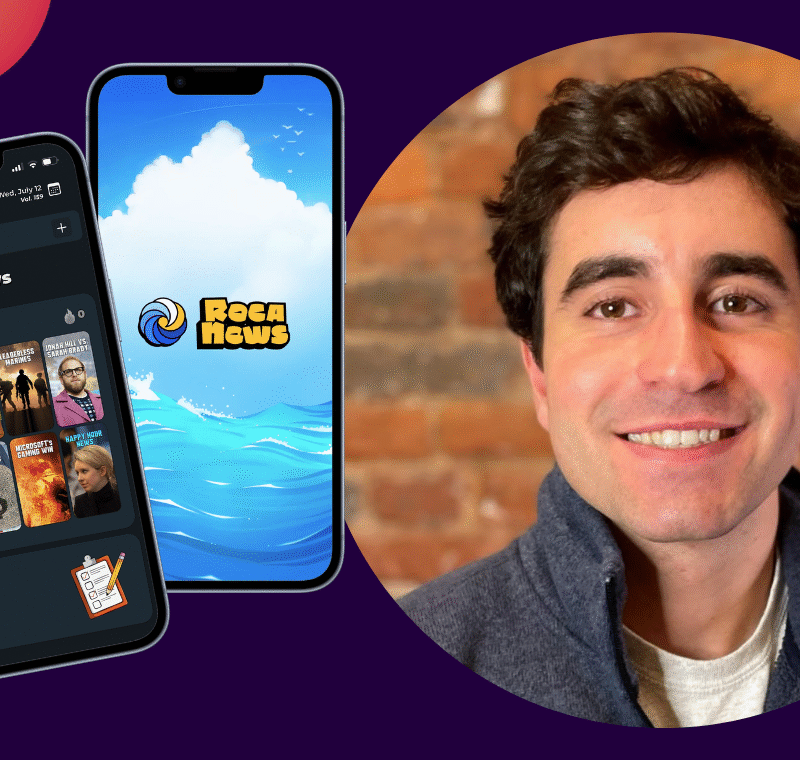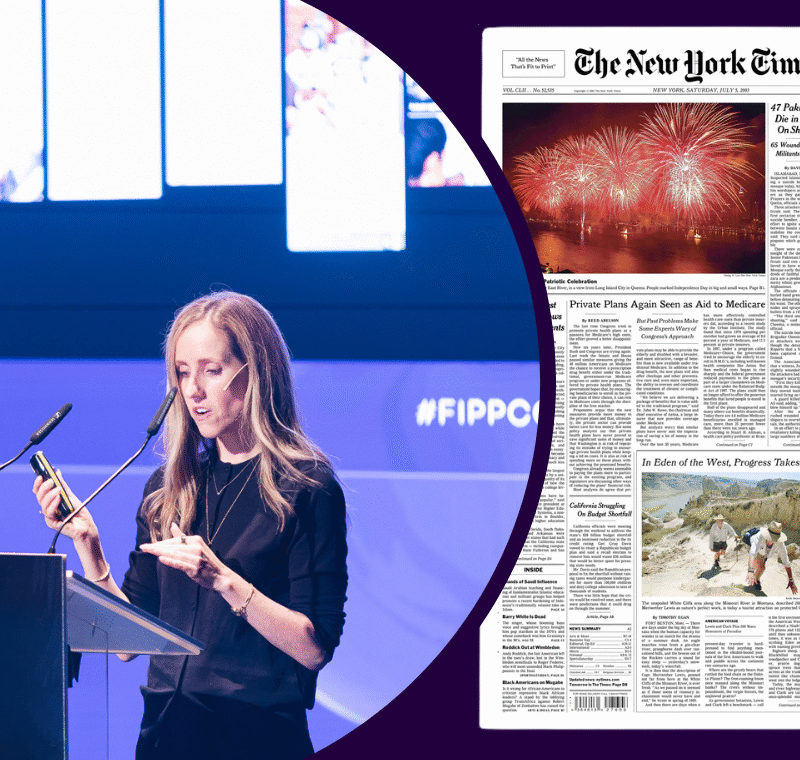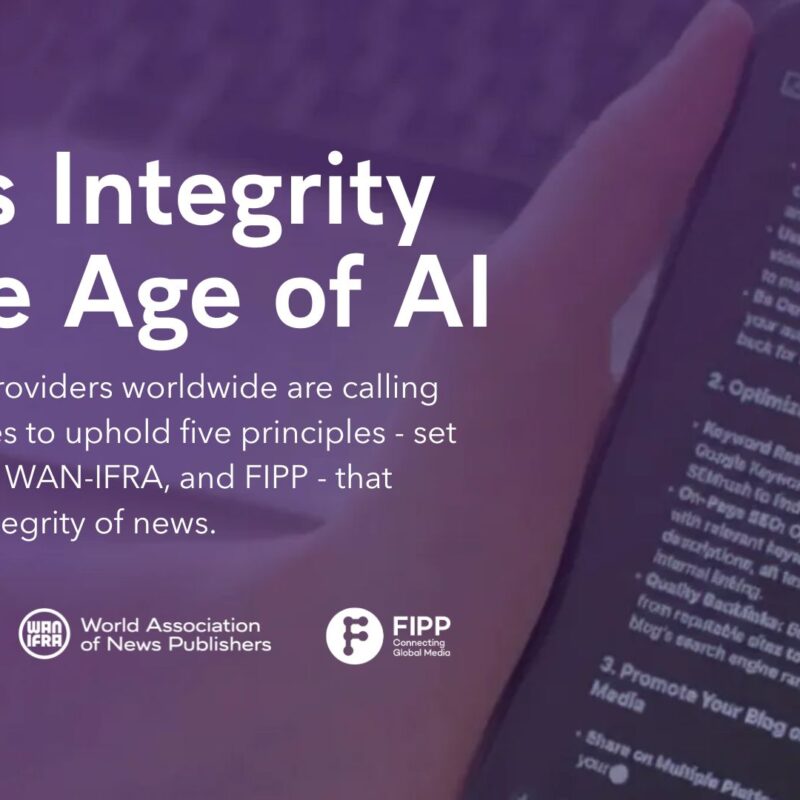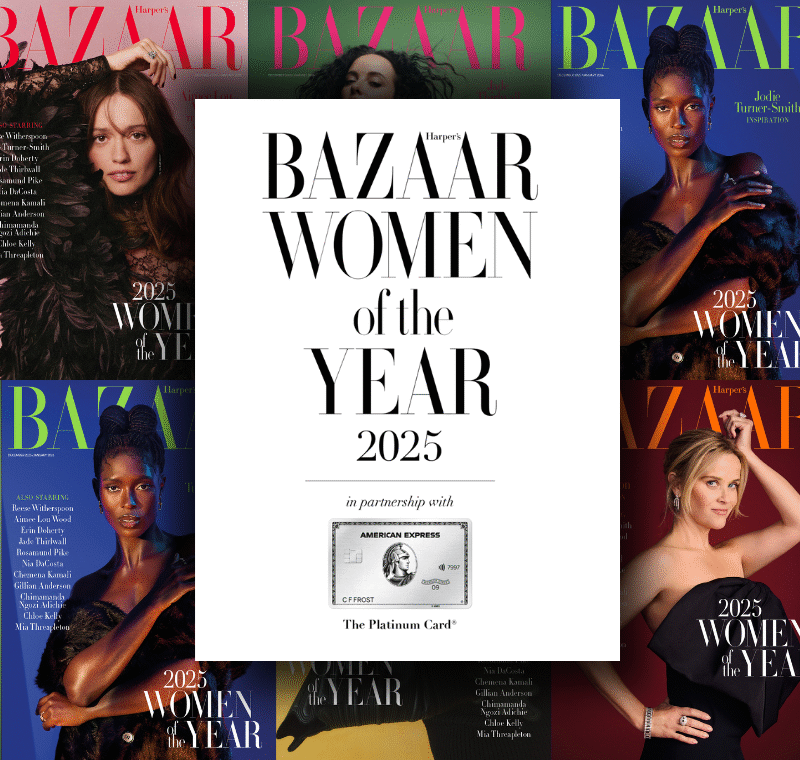Why events are game-changers for modern media
From forging deeper subscriber bonds to delivering commercial returns, Natasha Christie-Miller shares why publishers can’t afford to leave events off their business roadmap.
In an industry shaped by digital disruption and shifting audience habits, live events have long been part of media organisations’ engagement toolkit. However, it wasn’t until the pandemic disruption that events evolved into a truly powerful force – roaring back with renewed purpose and innovative strategies, transforming from occasional gatherings into essential, strategic touchpoints in the media business model.
Few understand this territory better than Natasha Christie-Miller, a seasoned leader in business media and data, whose career includes steering transformative growth at Ascential and current roles at Sifted, Ted Conferences and NCM Excellence Ltd. Speaking ahead of her appearance at this year’s FIPP World Media Congress, she shared her perspective on when events should be a critical part of a publisher’s business – and how to approach them for maximum impact.

New levels of engagement
For Natasha, the strategic power of events starts with their ability to deepen the audience relationship. She describes them as significant touchpoints in the subscriber journey: “Engagement is usually a sign of health; the more somebody comes to your website and is consuming your content, the healthier your relationship is likely to be with that subscriber – plus, they’re more likely to stay with you.”
Yet she’s clear that frequency isn’t always the only metric that matters: “There are exceptions, of course,” she says. “If you’re providing something like a pricing database, and your subscriber only needs it once a year – but it’s essential to their business – then what matters is accuracy and uniqueness, not how often they use it.”
But in most publishing contexts, she argues, frequency of engagement remains vital – and events provide exactly that kind of high-impact connection: “An event is a whopping great big engagement with one of your subscribers, so it’s a brilliant way of reinforcing your brand’s place in your subscribers’ world,” she says. “You’re also protecting your position by meeting needs that flat content can’t – things like community, connection, fun, and shared experiences.”
Natasha distinguishes the nature of engagement at events from traditional publishing:
“Events are much more multilateral – two-way, three-way interactions – whereas on the page or in digital, it’s mostly one-way. Occasionally it’s two-way, but an event is a brilliant way to serve both your key stakeholders: the audience you’re informing, and the people who pay to reach that audience.”
The new events terrain
Events, she believes, offer something digital content often can’t: real human contact. For this she references the profound disruption – and surprising resilience – of the events industry during the pandemic: “Events took a massive hit during the pandemic; for a good 12 months they couldn’t happen, or people just didn’t want to travel. But they came flying back, driven by pent-up demand for in-person connection.”
But even as events rebounded, the landscape had clearly shifted: “Most people now work differently – they’re spending less time in the office, there’s less money and less appetite for global travel. That’s where events can win. If you get the right people in one place at one time, you can replace a lot of smaller trips.”
Despite their power, Natasha warns that events are a fiercely competitive arena:“In the events world, it’s winner takes all. If you’re the main event in an industry, you’re fine. But number two, three, or four? You become irrelevant.”
The key to event success
She urges publishers to look beyond vague buzzwords like ‘networking’ and focus on what attendees want or expect from events. “What does networking mean? Don’t think you’re there to bring the community together – people can network anywhere. So what’s your goal? Selling a product, nurturing partnerships, learning something new?”
When asked what makes an event truly valuable for attendees, she distils it into three clear motivations: “One, lead generation: I’m there to fill my pipeline. Two, to learn or be inspired: I want new ideas. Three, to build partnerships.”
As the media industry continues to seek sustainable revenue and closer audience ties, events remain one of the most versatile tools in a publisher’s toolkit – if executed with focus and clarity. “It doesn’t mean that all events have to be transactional, of course… but know your purpose, and do it really, really well.”
The FIPP World Media Congress takes place in Madrid, Spain, from 21-23 October 2025.
This event will bring together media professionals from across the globe for three days of insightful discussions, keynote presentations, workshops, and unparalleled networking opportunities. Whether you’re a seasoned industry leader or a rising innovator, the FIPP Congress promises to be an unforgettable gathering that will shape the future of media.
See the agenda here, the list of speakers here and book your place with the Summer Special Rate here.
SPONSORS

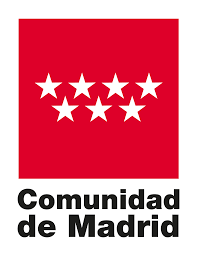
FIPP CENTENARY PARTNERS
 |
| UPM Communication Papers FIPP Strategic Partner 2025 |
SILVER PARTNERS
EVENT ORGANISED IN PARTNERSHIP WITH
MEDIA PARTNER

